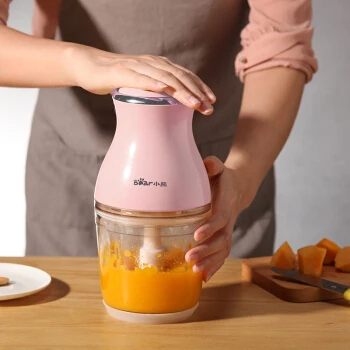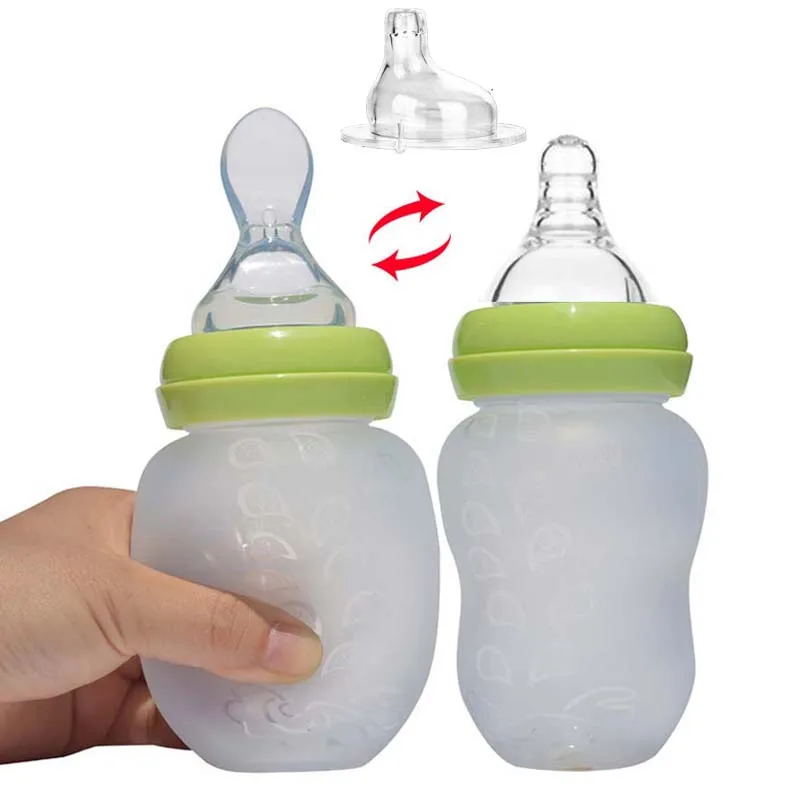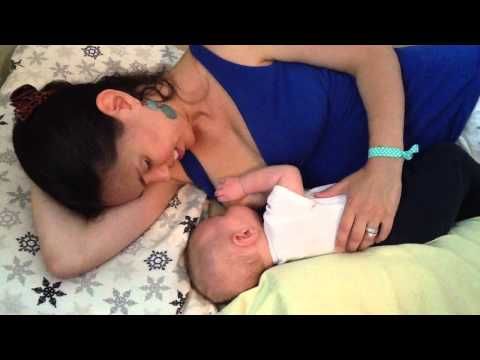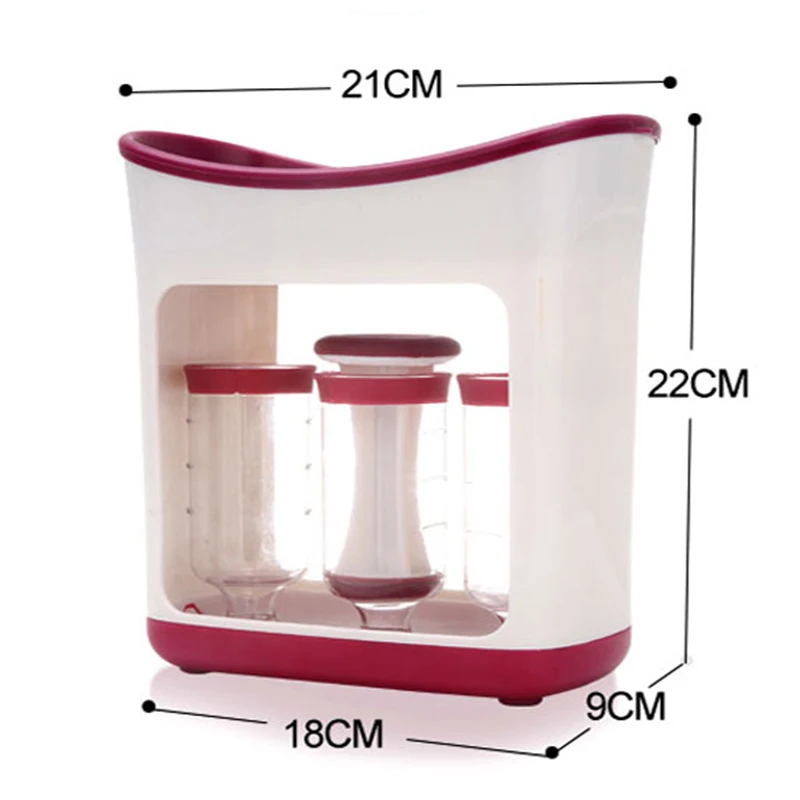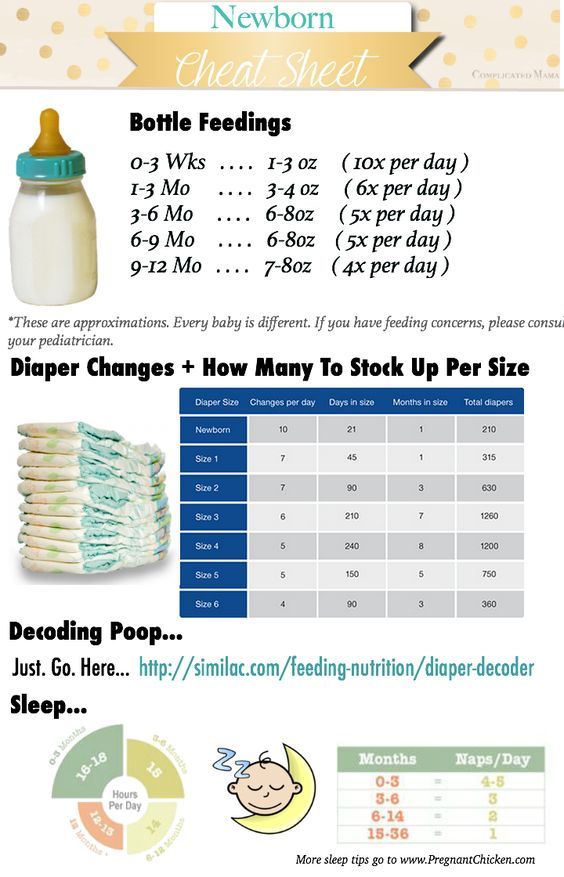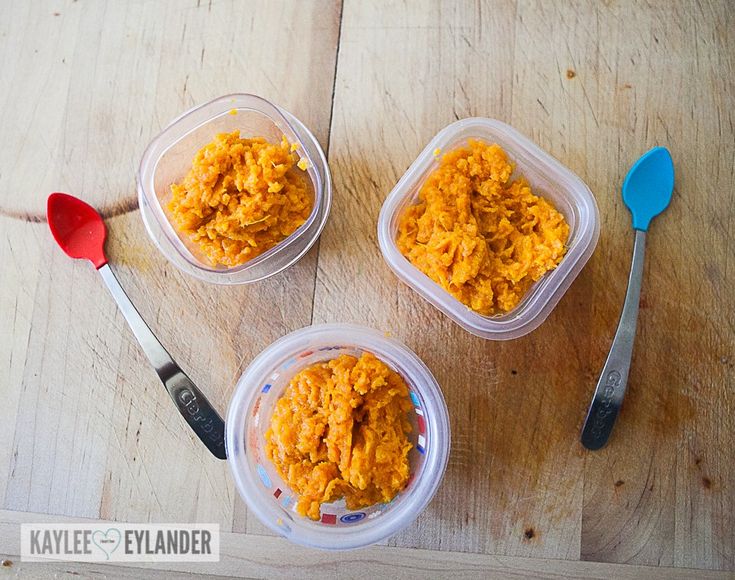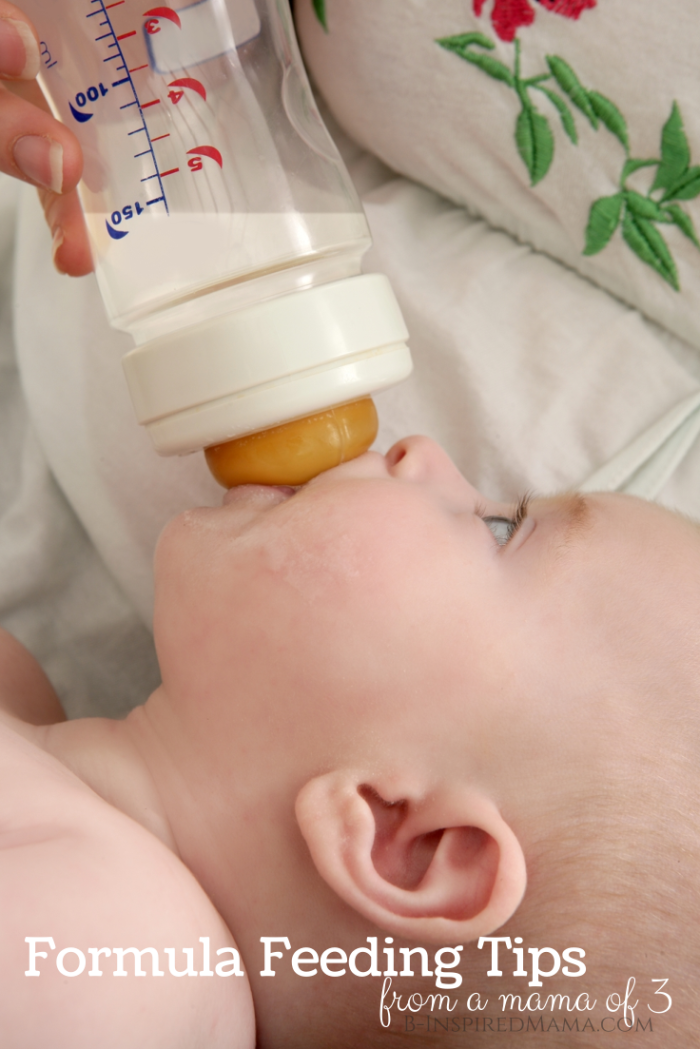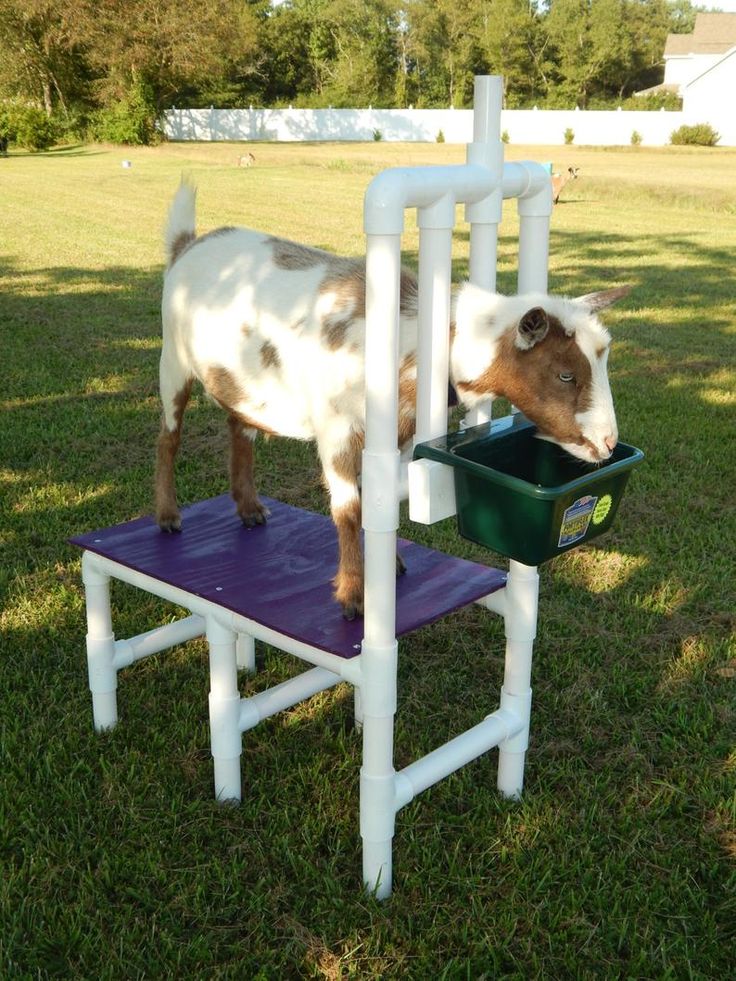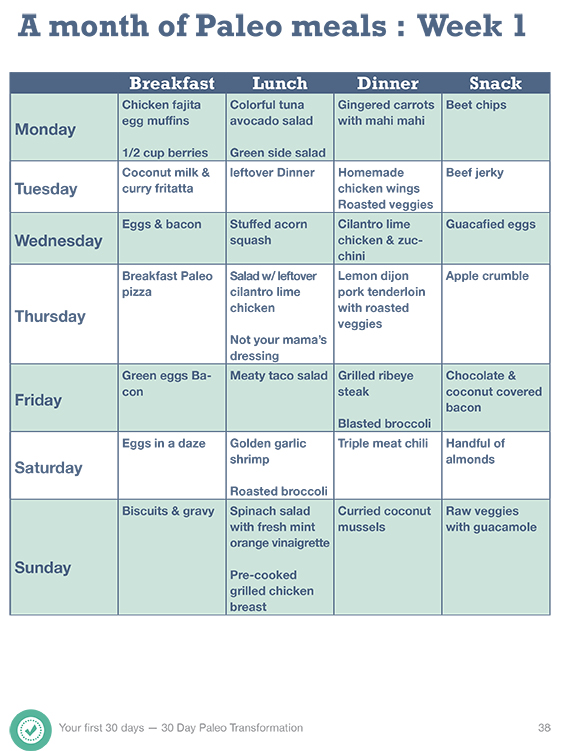Can i feed a puppy baby formula
Can I Feed My Puppies Baby Formula? (Plus Is It Safe for Older Dogs?)
Just like your toddler, a family dog can get into anything in the blink of an eye. So what happens if they get the baby’s bottle?
Human baby formula is not recommended for dogs or puppies. One of the biggest reasons is that many dogs are lactose intolerant, which means they do not have the enzyme needed to process cow milk, a primary ingredient in baby formula. Your baby’s formula also contains iron and other vitamins that can be toxic for your dog in large amounts.
Keep reading to find out how formula can affect your dog.
Table of Contents
Is baby formula safe for my dog?
Baby formula is not considered safe for your adult dog, but how it affects them depends on their size and how much formula they ingest. If you simply spill a small amount of formula on the ground or if your dog gets into the remains of a bottle, he would most likely be fine. According to the Animal Poison Control Center, consuming small amounts of formula one time might cause some gastric pain, but is not usually concerning.
These are the most common effects of drinking some baby formula:
- Gastrointestinal pain
- Vomiting
- Diarrhea
Consuming a larger amount at one time can cause more issues. If your dog gets into a container of powdered baby formula, call your vet immediately for medical advice. Powdered formula is concentrated and contains more lactose, vitamins, and minerals compared to its ready-made counterpart.
If your dog tolerates milk and is not lactose intolerant, you may be tempted to include formula in their meals regularly, but feeding your dog formula on a regular basis could cause issues such as malnutrition and vitamin toxicity.
These are some symptoms of toxicity:
- Agitation
- Convulsions
- Nausea and/or vomiting.
- Diarrhea
- Kidney failure
Is baby formula safe for my puppies?
Baby formula is not safe for puppies! It can cause major health issues and even death for young puppies.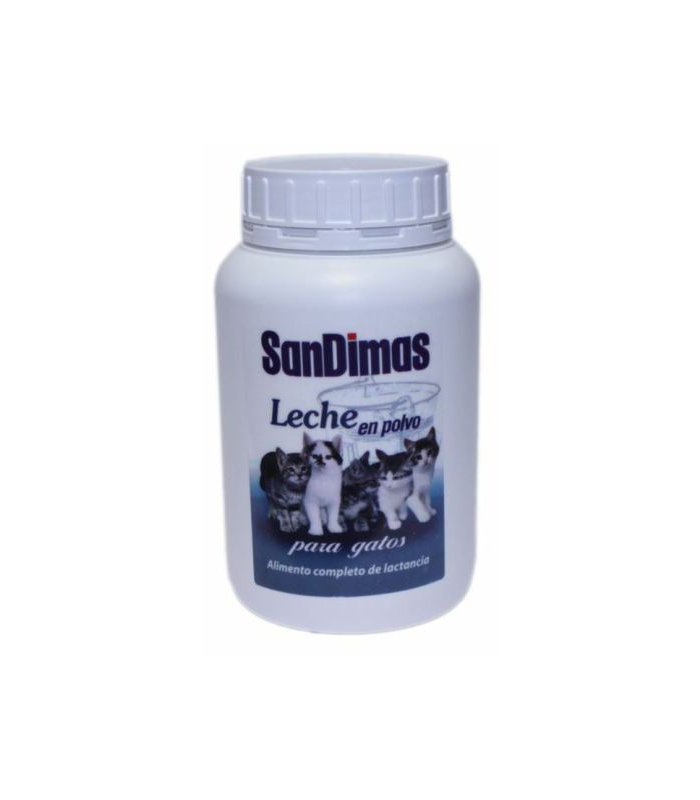
Human baby formula is not a suitable replacement since it isn’t engineered to meet a puppy’s nutritional needs. The puppy would not be able to digest the formula and end up malnourished.
Just like in adult dogs, formula can cause them to have gastric pain, vomiting, and diarrhea due to lactose intolerance. This is more problematic for puppies as well as smaller dogs because they can dehydrate faster than larger dogs from vomiting and diarrhea.
Now, what if a small amount of power falls on the floor or a small amount spills? Just like adult dogs, it may cause gastric pain and minor diarrhea, but your puppy would most likely be okay. Definitely observe your little guy and call your vet if in doubt!
If your puppy gets into a half-filled bottle or if you’re uncertain how much they actually consumed, call your vet immediately to get guidance on what to do. Dehydration is a major concern for puppies so doing so quickly is important.
Can a dog drink baby formula?
While there wouldn’t be long-lasting effects for most adult dogs who drink formula once, including it in their diet on a regular basis is not recommended. Even if all a dog experiences is diarrhea, that could lead to dehydration, especially in smaller dogs. Dogs and humans have significantly different needs when it comes to vitamins and minerals and too much of one could cause toxicity in your dog.
Even if all a dog experiences is diarrhea, that could lead to dehydration, especially in smaller dogs. Dogs and humans have significantly different needs when it comes to vitamins and minerals and too much of one could cause toxicity in your dog.
Humans need more iron than our canine counterparts. If your formula is iron-fortified, it will contain more iron than is considered safe for a dog, and could potentially cause your dog’s organs to fail.
When your dog drinks formula on a regular basis, he may suffer the following side effects:
- Gastrointestinal pain
- Vomiting
- Diarrhea
- Dehydration from vomiting and diarrhea
- Malnutrition
- Toxicity
Can dogs drink Similac
People may wonder if Similac would be an option especially since there are Similac formulas that are low in lactose as well as plant-based.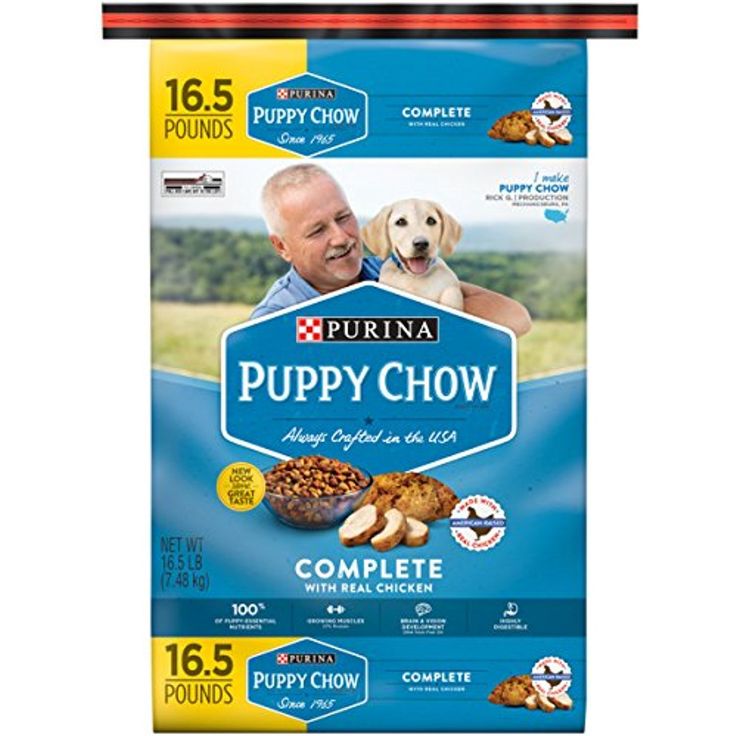 However, some of the same problems with regular baby formulas would still apply.
However, some of the same problems with regular baby formulas would still apply.
The biggest issue would be that baby formula is geared towards what a human baby needs. Since puppies need different amounts of iron than a human baby, as well as different kinds and amounts of vitamins and minerals to grow even these special formulas would not be safe for them.
If a puppy does not receive the nutrition they need they will become malnourished and won’t be able to develop as needed.
Is baby formula toxic to dogs?
There is a potential for baby formula to become toxic for dogs. If your dog accidentally ingests a small amount of formula, even a smaller dog, it will not be toxic. But over time the vitamins and minerals will build up becoming toxic to your dog.
Powdered baby formula poses more of a threat due to the fact it’s highly concentrated so it will be more toxic. Ready-made baby formula is cut down with water and would be less toxic for a dog.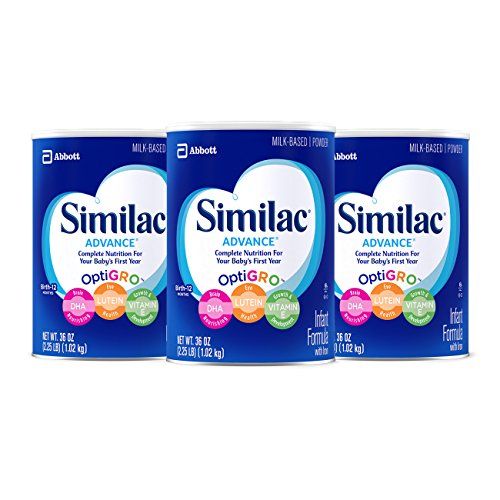
If you have a very small dog such as a chihuahua, it is especially important to call your vet immediately if they get into the baby formula. The toxic build-up will happen faster in these little guys than in a larger breed. Your vet would be able to guide you to the appropriate actions.
Is baby formula bad for puppies?
Baby formula poses a real danger for puppies due to their inability to process lactose as well as the lack of nutritional value. So what can you do if you have newborn puppies that need to be fed? The best option for your puppy would be to get a puppy milk replacement formula (like this one).
Using the correct type of formula is important for your dog because it is:
- Specially engineered for puppies to easily digest
- Contains the correct amount of vitamins and minerals a growing puppy needs
- Contains all the nutrients they need to grow and develop
- Does not contain lactose, which could be dangerous for a puppy
Make sure you grab the correct type of formula from the store.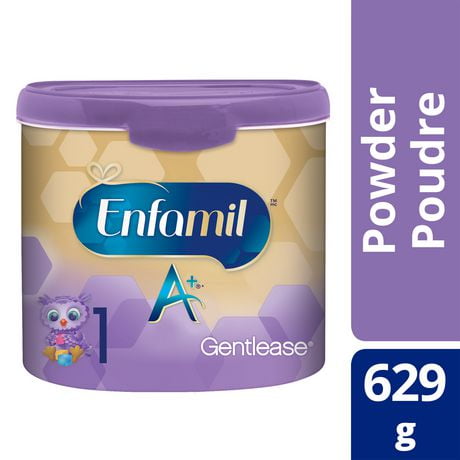 Puppy formula often has the same ingredients as baby formula so be sure to watch out. They may be in similar containers and the word formula may be misleading.
Puppy formula often has the same ingredients as baby formula so be sure to watch out. They may be in similar containers and the word formula may be misleading.
What will happen to my dog if it drinks baby formula
Remember not to panic if your dog drinks a small amount of formula. Other than discomfort and possibly diarrhea, there should be no long-term damage to your fur baby. For larger amounts, monitor them to ensure they are drinking water and staying hydrated but when in doubt, contact a vet.
If your dog gets into the baby formula container, it is imperative to get medical advice immediately from a vet.
Depending on how much baby formula was consumed, you may need to get medical treatment immediately, especially if you have a smaller dog.
What will happen if I give my puppy baby formula
Giving your puppy baby formula is very dangerous for the puppy. Baby formula will not meet any of their nutritional needs. Without the correct nutrition, your puppy will become malnourished.
Here are some signs that your dog may be malnourished:
- Lack of weight gain
- Dull coat
- Fur/hair loss
- Inconsistent urination and bowel movements
- Skin disorders
If your puppy is displaying these symptoms, you should visit the veterinarian immediately.
How and When to Use Puppy Formula to Bottle-Feed a Newborn Puppy
While a mother’s milk is always the best option, sometimes that’s not possible. Along with a veterinarian’s support, here’s how you can support your newborn puppy’s health and growth with formula if necessary.
Each product we feature has been independently selected and reviewed by our editorial team. If you make a purchase using the links included, we may earn commission.
Puppy gets bottle fed in a person's hand
Credit: pushish images / Adobe Stock
In order to grow and develop properly, newborn puppies require their mother's milk for nutrition. However, if a mother is unable to nurse her pup because she isn't producing enough milk, isn't present, or has rejected the puppy, an alternative milk supply is necessary. Thankfully there are emergency milk replacement recipes and commercial puppy formula products available to help keep up with your puppy's nutritional needs.
However, if a mother is unable to nurse her pup because she isn't producing enough milk, isn't present, or has rejected the puppy, an alternative milk supply is necessary. Thankfully there are emergency milk replacement recipes and commercial puppy formula products available to help keep up with your puppy's nutritional needs.
Once you have formula prepared, it's also important to learn the safe and proper way to bottle feed your puppy.
Do All Puppies Need Formula?
"A puppy may require formula as a supplement when the mother cannot make enough milk to satisfy the puppy's needs," according to Elizabeth Fuller, DVM. Fuller serves as the Vice President of the Association of Shelter Veterinarians and Chief Medical Officer for the Charleston Animal Society in Charleston, S.C. A puppy may also require formula if she cannot nurse from her mother at all, including if the mother is ill or otherwise unavailable.
"Of course, puppies should nurse from mom as much as possible," Fuller says.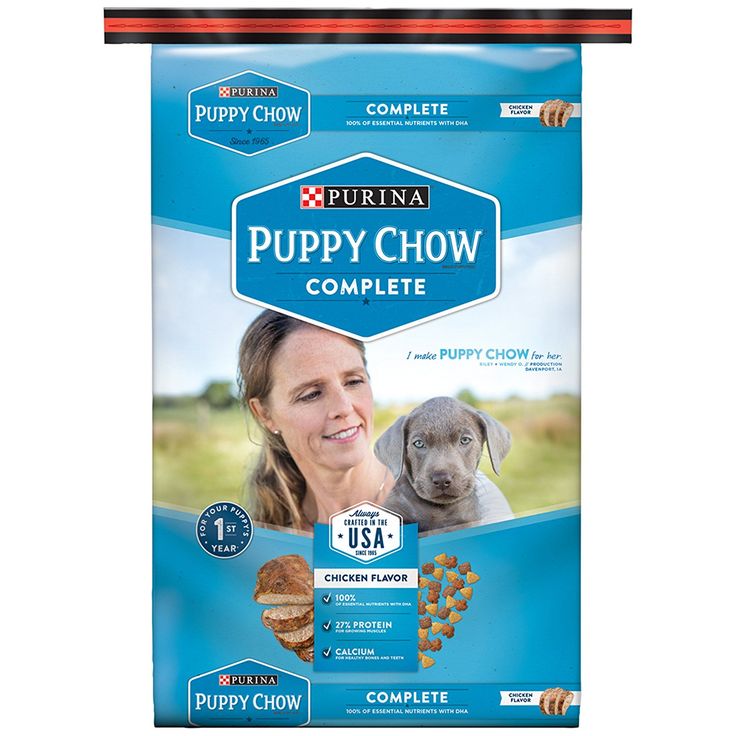 "There are benefits beyond just nutrition; behavior later in life is better when puppies are allowed to stay with mom for at least 8 weeks."
"There are benefits beyond just nutrition; behavior later in life is better when puppies are allowed to stay with mom for at least 8 weeks."
How to Make Homemade Puppy Formula
Fuller directs owners caring for orphaned puppies to the resources available through Maddie's Fund. Maddie's Fund is committed to keeping humans and their pets together by providing funds and resources to help animals in need of care.
Maddie's Fund provides two emergency milk replacer recipes, depending on the ingredients you have available at home. "It's important to remember that this should only be used for a short period of time, until a commercial milk replacer can be obtained," Fuller says.
How to Bottle-Feed a Newborn Puppy
When feeding a newborn puppy formula, it's important to follow the instructions on the milk replacer carefully. "Mixing in the incorrect amount of water can cause constipation or diarrhea, both of which can be very dangerous for a puppy," Fuller says.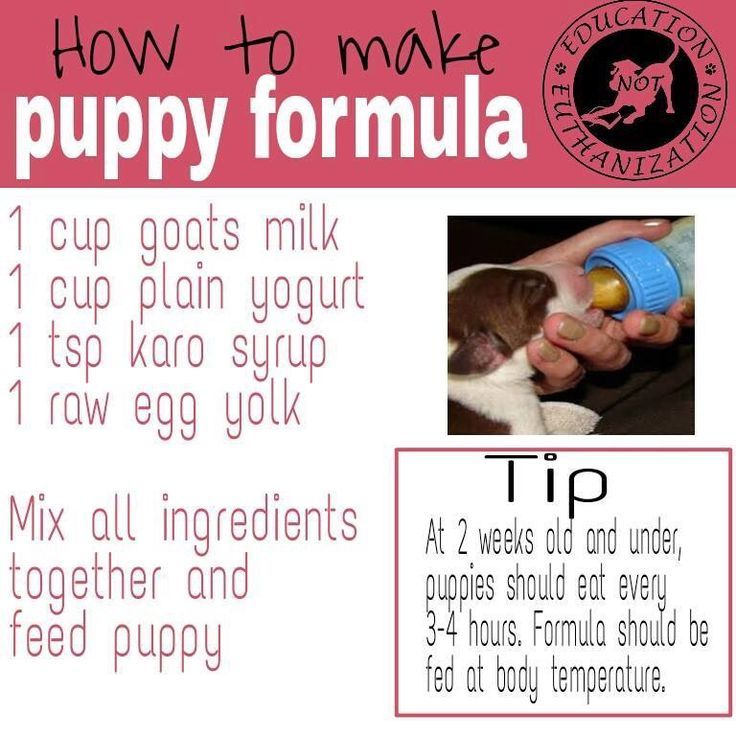
According to Fuller, puppies should be fed on their stomachs with their heads upright. You should use a bottle with a small hole in the nipple, just large enough for the milk to drip out slowly. Your puppy should suck the milk out instead of having it fall into the mouth. It's also important to not overfill your puppy's mouth or force-feed them. "Feeding incorrectly will very likely cause pneumonia," she says.
"Please remember that you should only care for an orphaned animal with the support of a licensed veterinarian," Fuller says. "Puppies can become very sick very quickly, so careful monitoring is crucial."
4 Best Puppy Formula Options
Fuller's shelter primarily uses Breeder's Edge puppy formula. She considers Esbilac, Pet Lac, and GNC to be other reasonable alternatives.
revival-animal-health-breeders-edge-foster-care-powdered-milk-replacer
Credit: Courtesy of Amazon
Revival Animal Health Breeder's Edge Foster Care Powdered Milk Replacer
Buy Now
Breeder's Edge Foster Care Canine Milk Replacer gives puppies complete and balanced nutrition.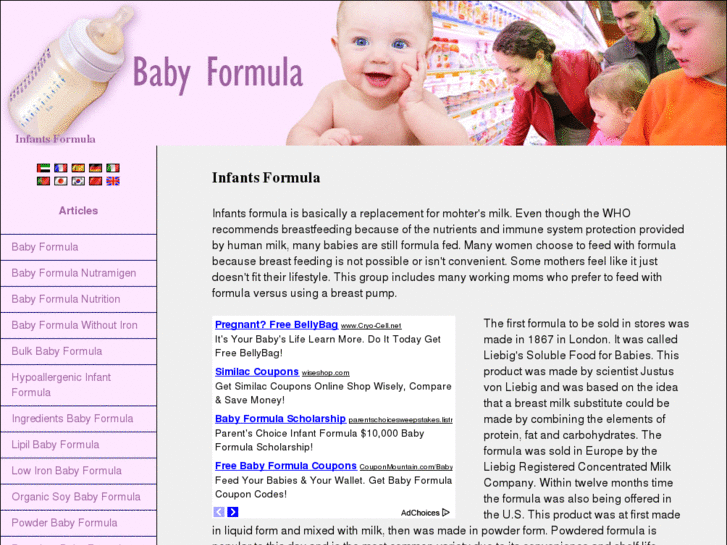 The formula includes two beneficial ingredients, Bio-Mos to promote a healthy GI tract and Globigen IC (IgY) to support the immune system. This milk replacer can also be used as a milk treat or flavor enhancer.
The formula includes two beneficial ingredients, Bio-Mos to promote a healthy GI tract and Globigen IC (IgY) to support the immune system. This milk replacer can also be used as a milk treat or flavor enhancer.
Shop now: Revival Animal Health Breeder's Edge Foster Care Powdered Milk Replacer, $23; amazon.com
petag-esbilac-puppy-milk-replacer-powder
Credit: Courtesy of Chewy
PetAg Esbilac Puppy Milk Replacer Powder
Buy Now
PetAg's Esbilac milk replacer powder provides additional nutrition for newborn puppies who have been orphaned, rejected, or are nursing and need supplemental feedings. The formula contains prebiotics and probiotics plus vitamins and minerals. It provides the same amount of protein, fat, and carbohydrates found in a mother's milk.
Shop now: PetAg Esbilac Puppy Milk Replacer Powder, $48; chewy.com
petag-petlac-puppy-milk-replacement-powder
Credit: Courtesy of Chewy
PetAg PetLac Puppy Milk Replacement Powder
Buy Now
This powdered formula is specifically crafted for puppies newborn to 6 weeks old.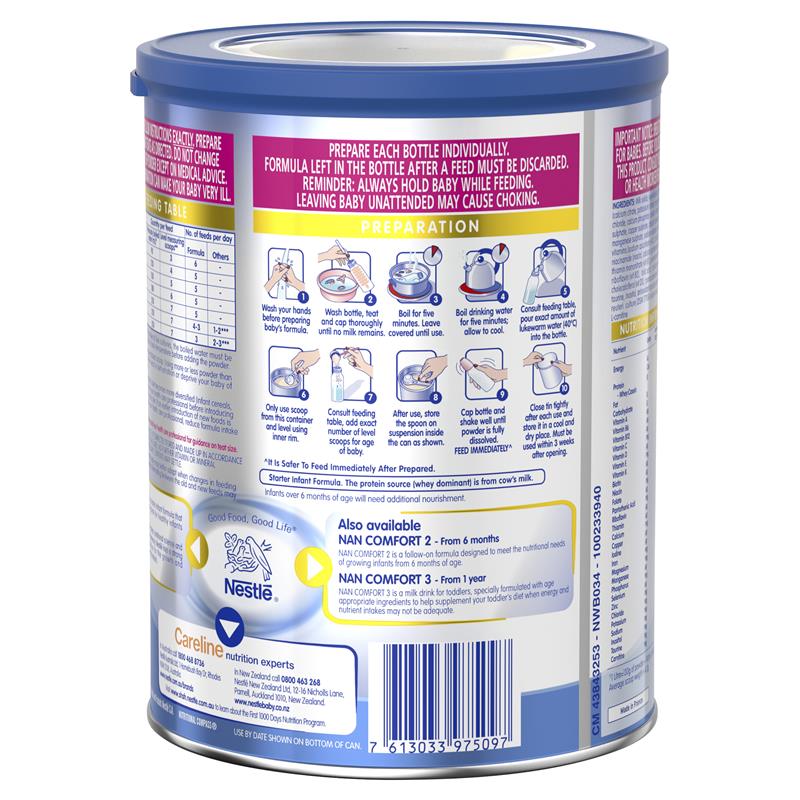 It's packed with live, naturally-occurring microorganisms and contains milk and vegetable proteins, encouraging proper growth and development. Once open, the product can be kept in the refrigerator for up to 14 days.
It's packed with live, naturally-occurring microorganisms and contains milk and vegetable proteins, encouraging proper growth and development. Once open, the product can be kept in the refrigerator for up to 14 days.
Shop now: PetAg PetLac Puppy Milk Replacement Powder, $14; chewy.com
gnc-pets-ultra-mega-premium-milk-replacer-goat's-milk-puppy-powder-formula
Credit: Courtesy of Chewy
GNC Pets Ultra Mega Premium Milk Replacer Goat's Milk Puppy Powder Formula
Buy Now
Made with whole goats milk, this powder formula provides all of the essential nutrients your puppy needs. Like pure mother's milk, it supports the development of strong bones, healthy teeth, and a healthy immune system.
Shop now: GNC Pets Ultra Mega Premium Milk Replacer Goat's Milk Puppy Powder Formula, $16; chewy.com
Artificial feeding of puppies
Newborn puppies are always a lot of trouble in the house.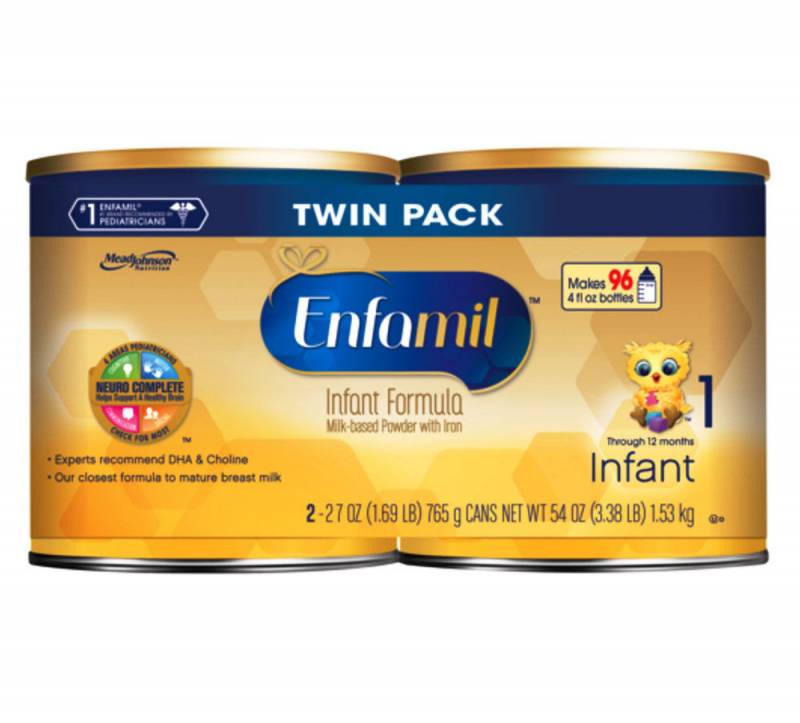 It is good if the mother of the kids is responsible for their development and upbringing. Unfortunately, it often happens that the bitch is deprived of maternal instincts, she does not have enough milk, or mastitis has begun to develop, or the mother of the puppies died during childbirth, and then you have to become a “nursing mom” or dad. The question arises - what and how to feed babies?
It is good if the mother of the kids is responsible for their development and upbringing. Unfortunately, it often happens that the bitch is deprived of maternal instincts, she does not have enough milk, or mastitis has begun to develop, or the mother of the puppies died during childbirth, and then you have to become a “nursing mom” or dad. The question arises - what and how to feed babies?
Newborn puppies need to be fed every 2-3 hours. Now on our market there are an abundance of mother's milk substitutes, as well as bottles and nipples of various sizes, but you can use a regular nipple (for very small ones, you can use a pipette rubber stretched over a small bottle). If it is not possible to use substitutes, then the mixture for feeding can be prepared by yourself. To do this, take 1 liter of cow's milk (if it is not skimmed, homemade or high-fat, then it must be diluted in half with boiled water), add a dessert spoon of honey (or sugar) and one raw yolk. Everything is thoroughly mixed, preferably with a mixer.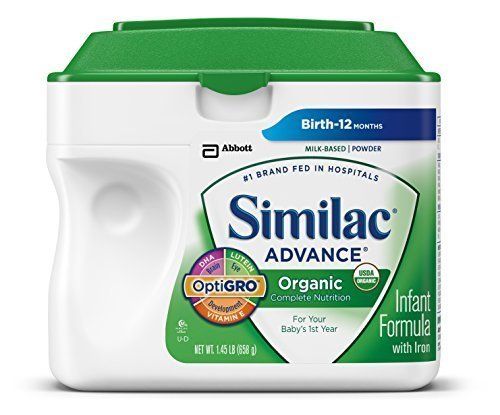 It is necessary to prepare the mixture before feeding. It is also possible to use ready-made milk formulas for children (“Baby”). Food should be warm (35 - 37 ° C).
It is necessary to prepare the mixture before feeding. It is also possible to use ready-made milk formulas for children (“Baby”). Food should be warm (35 - 37 ° C).
Foster parents should remember that newborn puppies are not able to cope with natural needs on their own, for this, a real mother, licking the puppies, gives them a massage of the tummy, anus. Therefore, before each feeding, it is necessary to stroke the tummies with light massage movements, as if to "turn on" the internal organs, preparing them for eating. The required amount of the mixture at one time is very individual, focus on the behavior of the baby - well-fed puppies sleep peacefully until the next feeding.
Puppies sometimes have intolerance to cow's milk protein, which is manifested by allergies, diathesis, diarrhea, the puppy is restless, does not gain weight. Such children need to choose dairy-free baby food, where milk protein is replaced by soy protein (soy milk). In this case, the selection of food should be carried out only after examination by a veterinarian and the appointment of concomitant therapy!
On days 10-14 of you can start feeding the puppies with raw fresh meat.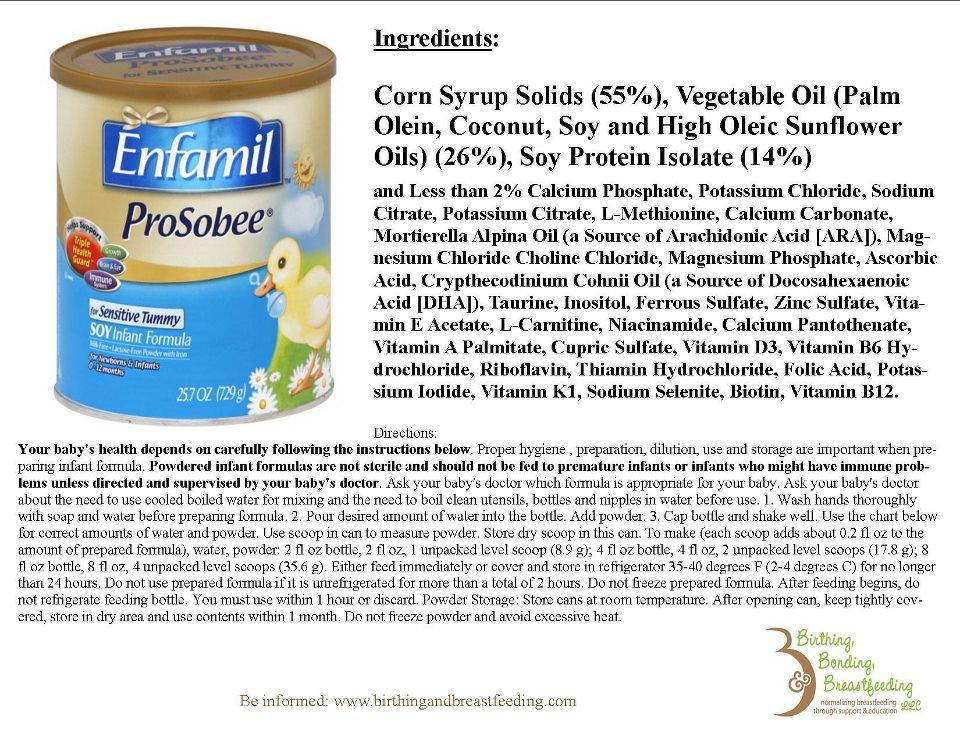 Complementary meat is given in the form of minced meat, passed through a meat grinder twice. The first piece should be the size of a pea and be given once a day, then twice: in the morning and in the evening. Gradually, the amount of bait is increased, while increasing the amount of meat. The number of feedings at this age is at least seven times a day.
Complementary meat is given in the form of minced meat, passed through a meat grinder twice. The first piece should be the size of a pea and be given once a day, then twice: in the morning and in the evening. Gradually, the amount of bait is increased, while increasing the amount of meat. The number of feedings at this age is at least seven times a day.
From 14-15 days puppies are fed with milk porridge, wiped with a blender. It can be oatmeal, rice, buckwheat well boiled. You can also use ready-made baby food "Baby" and "Baby", preferably without fruit additives. It is not recommended to feed semolina, wheat, barley groats - they contribute to a large load on the pancreas, which will subsequently affect the development and health of young animals.
From 18–21 days low-fat or calcined cottage cheese, vitamin and mineral supplements are added to the diet. You can cook calcined cottage cheese yourself. To do this, bring 1 liter of milk to a boil and add 2–3 tablespoons of 5–10% calcium chloride, simmer over very low heat for another 2–3 minutes, and then filter through gauze.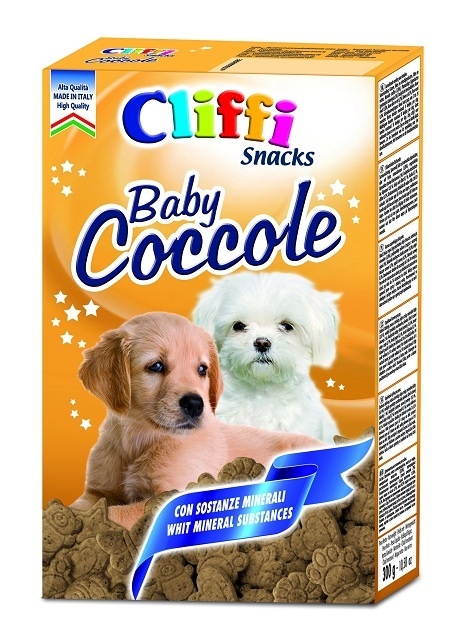 Given that calcium is absorbed in the body with the help of vitamin D, it is recommended to add tetravit or prodevite to such cottage cheese at the rate of 1 drop per 1 puppy.
Given that calcium is absorbed in the body with the help of vitamin D, it is recommended to add tetravit or prodevite to such cottage cheese at the rate of 1 drop per 1 puppy.
By the 30th day of , the milk drink should be completely replaced by a feeding ration. If by the month your “children” are in normal condition, cheerful and playful, then you have coped with the task perfectly and you can be quite proud of yourself!
Veterinarian
Umka clinic
Rozumenko
Alexandra Aleksandrovna
For any questions regarding the health of your pets
you can contact our clinic at:
st. Novomostitskaya, 2, tel: 067-100-34-75 from 9.00 to 21.00
prosp. Minsk, 10, tel: 098-598-57-28 from 9.00 to 21.00
from 14.00 to 15.00 Sanitary hour
Veterinary clinic "Umka"
www.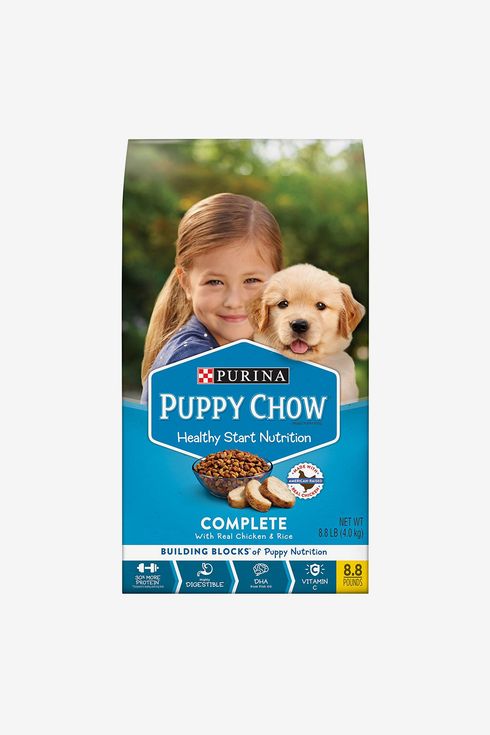 umka-vea
umka-vea
whether to feed dogs with baby food, what to give instead for puppies
January 25, 2022
The question seems simple and unambiguous only at first glance. Many people think that if a product is made for babies, its quality should be on top and certainly suitable for feeding pets. We do not argue that in most cases the production of food for infants is indeed of high standards, but the problem here is not in the quality of raw materials and compliance with production standards, but in compliance with the composition of baby food to the needs of predators - adults and especially growing ones.
Only as a treat
If there is a baby in the house, dogs often get the uneaten remains of instant cereals, milk mixtures, vegetable and meat purees. Well, if it's about giving baby food as treats to dogs, it's okay, even though it doesn't make sense. Just do not forget that the share of this kind of treats should be no more than 10% of the calorie content of the entire diet (per day), otherwise your dog will quickly gain weight, which will be very difficult to get rid of.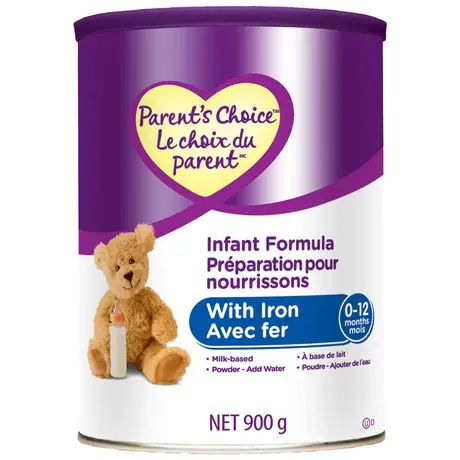
Particularly harmful in this regard are porridges, a source of readily available carbohydrates. However, cottage cheese, kefir and milk mixtures are also not the healthiest food for a dog. Yes, they contain milk protein and usually probiotics, but they are often additionally sweetened - which is not good for animals at all. If we are not talking about puppies, but about adult dogs, then “native” milk sugar is a big risk. The farther from puppyhood, the less pets have enzymes designed to digest lactose. By 7-8 months, only a small part of the dogs can digest and assimilate the "milk" well, the majority have bloating, diarrhea of varying degrees of intensity.
What about meat purees in glass and tin jars - such as Tyoma, Nestle, Grandmother's basket, etc.? It is they who are most often referred to when they talk about feeding pets with baby food. Moreover, many owners specifically buy baby food in stores, and do not use stocks purchased for children and grandchildren with the goal of “not wasting”. Usually this practice is typical for owners of small puppies, adult dogs of small breeds, as well as pets who find it difficult to chew. Alas, it is undesirable to give even meat baby food to dogs on an ongoing basis. And there are reasons for this.
Usually this practice is typical for owners of small puppies, adult dogs of small breeds, as well as pets who find it difficult to chew. Alas, it is undesirable to give even meat baby food to dogs on an ongoing basis. And there are reasons for this.
Why shouldn't you feed meat baby food to your dogs?
First, these products have a completely different composition. The dog will obviously not receive the necessary components - animal protein and fat, which are vital to it, and calories will not be received from the usual and so healthy meat, fish or poultry, but most likely from grain and starch.
Secondly, all these products undergo a powerful heat treatment (sterilization), during which not only possible pathogenic microorganisms are destroyed, but also many useful substances vital for predators are lost - a number of amino acids and vitamins. In the manufacture of industrial food for dogs, the same thing usually happens, however, manufacturers, knowing about the problem, introduce the "lost" substances additionally, at the last stage of production.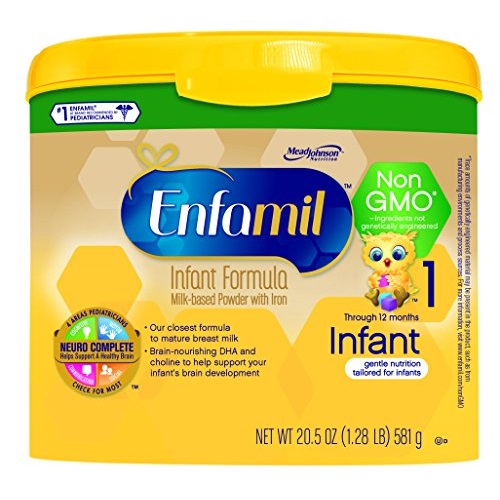
It is not for nothing that ready-made food, which is intended for daily nutrition of animals, is called “complete” or “balanced”, and its recipe is called “formula”. On the label you will definitely find the components included in the mineral-vitamin complex, the amount of proteins, fats, carbohydrates, fiber. And even if some substances were not enough in the feedstock, after taking samples for analysis, the developer will add what is needed to the “dough” of the feed.
Data on the needs of dogs are not taken from the ceiling and not from the personal experience of the manufacturer, but are correlated with the figures recommended by the competent regulatory organizations - AAFCO, FDA, as well as GOSTs for non-productive animals.
Thirdly, in the composition of children's meat food, you can often find such undesirable components as potato starch, rice or wheat flour. And also, which is rather unpleasant, salt, spices and even dried onions.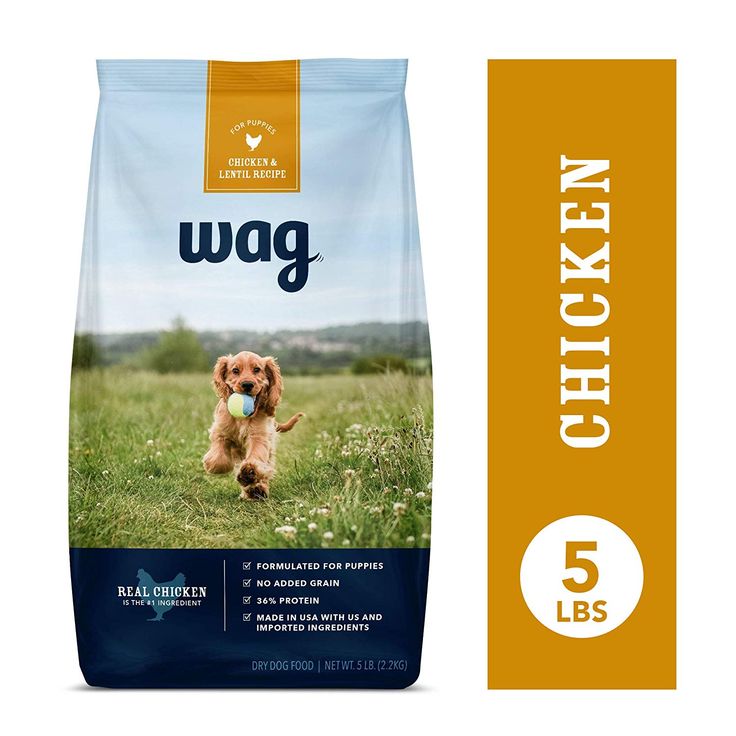 The proportion of such additives is rarely indicated, and it may happen that when buying a “meat” puree, you will provide your pet with only its likeness, moreover, devoid of the necessary nutrients.
The proportion of such additives is rarely indicated, and it may happen that when buying a “meat” puree, you will provide your pet with only its likeness, moreover, devoid of the necessary nutrients.
Why is the use of baby food so popular in feeding puppies and dogs? This product really has many advantages: it contains understandable types of meat, is well homogenized and has a delicate texture (which is important for small puppies and dogs with oral problems), is completely ready for use and can be stored at room temperature. An important advantage for some owners is the financial side of the issue: sometimes baby food seems cheaper than high-quality wet dog food, and at the same time it is easy to buy.
Is it possible, taking into account the above-mentioned advantages, to choose an analogue for children's purees among canned food created specifically for dogs? Delicious, complete, healthy in composition, delicate in texture, conveniently packaged and affordable and available in stores? Yes, you certainly may.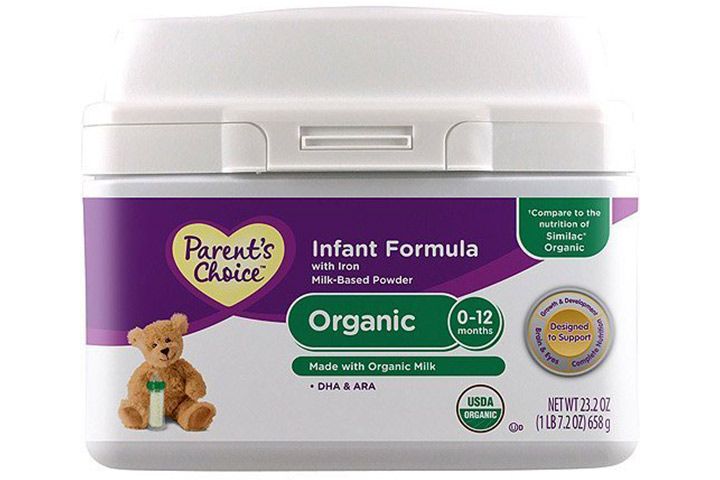
What to give instead of baby food?
Let's start with those who receive baby food not from younger family members, but from reverent owners who strive to give their pet the best and safest.
Feeding small puppies
For the first three weeks, mother's milk is the only thing a puppy needs, but then you can start accustoming a kitten to meat food. Not any diet is suitable, but as you understand, the most tender, easily digestible and very nutritious. It is commonly referred to as a "starter", but not all manufacturers make one. We have such a product in our assortment, it is Blitz Sensitive "Turkey with Zucchini" - a starter food for puppies, pregnant and lactating bitches. Packed in 200 g cans with a key. Contains turkey meat, several types of offal, zucchini pulp, milk powder, prebiotics and a vitamin and mineral complex. The product has a high calorie content, so it is advisable to give it up to 4 months, when the puppies are growing rapidly, then it is advisable to switch to other canned food options, for example, with chicken and pumpkin or lamb and turkey.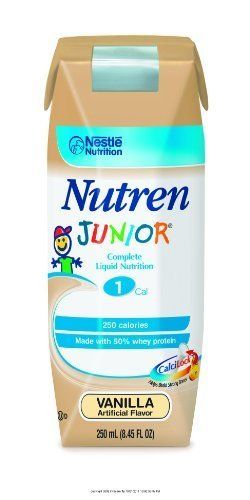
All Blitz wet foods for dogs and puppies are complete rations with 80% to 98% meat ingredients. By consistency, they are divided into “pieces in sauce” or chopped pates, they are available in different packaging options (85 g, 200 g, 400 g and even 700 g) and are presented in a wide flavor palette - you will definitely choose what suits your pet.
The current assortment can be viewed on this page of our catalogue. Foods marked "for all breeds and ages" are designed, among other things, for the daily feeding of puppies that have come out of the lactation period.
Canned food for small breeds of dogs
Miniature pets (Chihuahuas, Spitz, Dachshunds, Toy) are also very fond of eating baby food, and in terms of packaging it seems to be intended for them for a single portion. But, despite the external "toy", these are real dogs - brave, tireless, with well-developed muscles and light bones. And they need to eat the same way as other breeds - not purees like "Tyoma", but a balanced diet.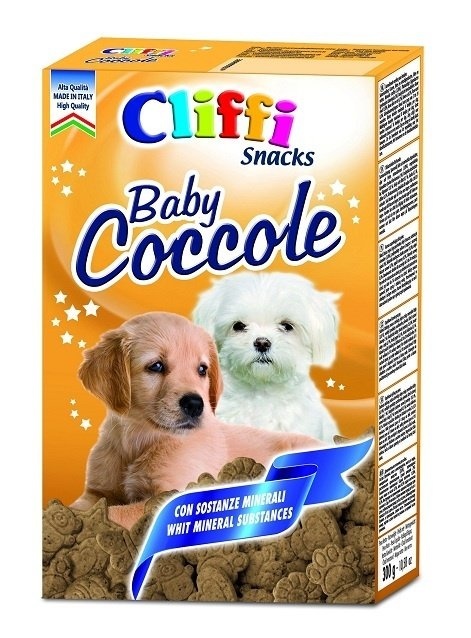 Slices of canned Lamb with Salmon, Beef with White Fish or Turkey with Duck soaked in fragrant sauce will please your gourmet much more than baby food, and they will be a hundred times more useful.
Slices of canned Lamb with Salmon, Beef with White Fish or Turkey with Duck soaked in fragrant sauce will please your gourmet much more than baby food, and they will be a hundred times more useful.
Blitz dog food is produced in Russia using European equipment. They are developed taking into account the recommendations of leading veterinary organizations and regulatory authorities, from high-quality raw materials, without the use of preservatives and dyes.
Nutrition for debilitated dogs
In most cases (except for liver diseases) during the recovery period and in old age, dogs do not need diet food (as we understand it), but easily digestible nutritious food. If your dog was recommended a temporary liquid diet after surgery, or if your pet has oral problems, it is not necessary to opt for baby mashed meats. The correct choice would be to use any of Blitz's complete wet or even dry foods, bringing them to the desired consistency with water.

